- Archaeology ,
- Biology ,
- Culture ,
- Language (63)
Linguistic anthropologists examine the relationships between language, culture, and society.
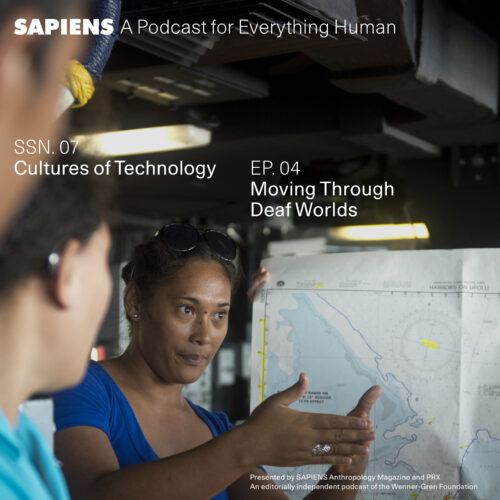
Moving Through Deaf Worlds

Speaking in Tongues

Why I Ask My Students to Swear in Class

Indigenizing What It Means to be Human

Best of SAPIENS 2022
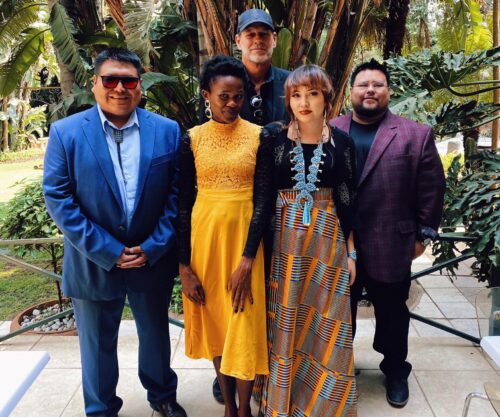
How a Song Bridged Diné and Ndebele Worlds

What Commentators Get Wrong (and Right) About North Korea

What Is Linguistic Anthropology?

The Aztec Antichrist Chronicles Indigenous Resistance and Religious Conversion
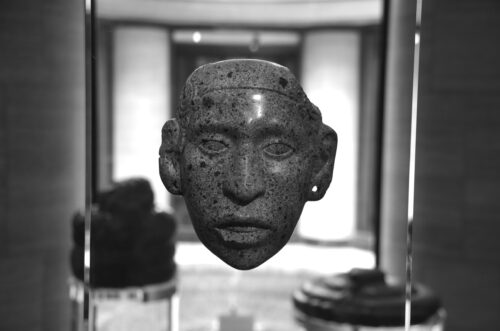
Aztec Antichrist: A Performance of the Apocalypse

Why AI Will Never Fully Capture Human Language

How Deaf and Hearing Friends Co-Navigate the World

What Klingon and Other Constructed Languages Reveal
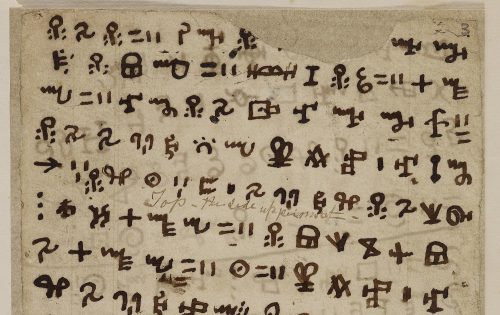
What the Vai Script Reveals About the Evolution of Writing

¿Qué es la revista SAPIENS?

What Is SAPIENS Magazine?

Does Green on COVID-19 Maps Mean What You Think?

What Is Anthropology?

How to Promote Research on Social Media

The Politics of “Ukraine” Versus “the Ukraine”

How to Write an Op-Ed: A SAPIENS Workshop

Why English Might Let Go of “He” and “She”
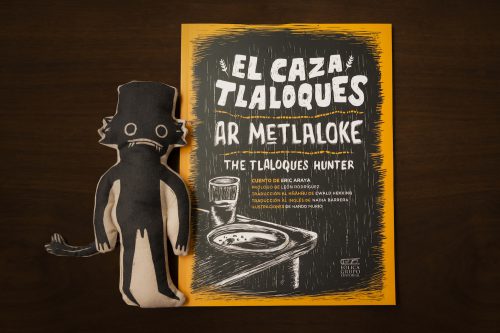
Can Indigenous Language Comics Save a Mother Tongue?
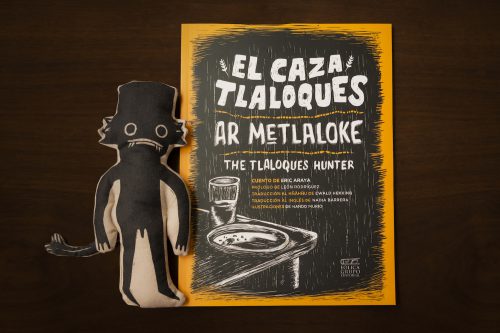
¿Pueden los cómics en idiomas indígenas salvar una lengua materna?
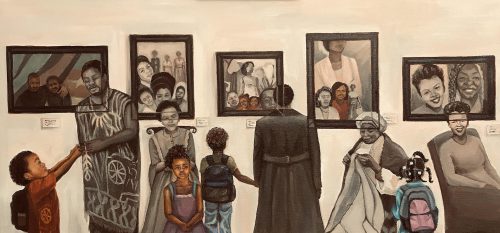
Five Questions About Writing the African Diaspora

How to Work With a Developmental Editor
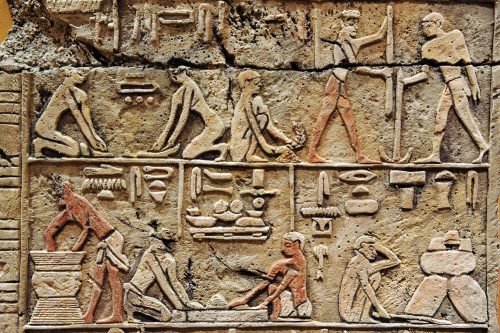
Do You Want to Write for SAPIENS?

How to Pitch: A Guide for Anthropologists

Why Write for SAPIENS?
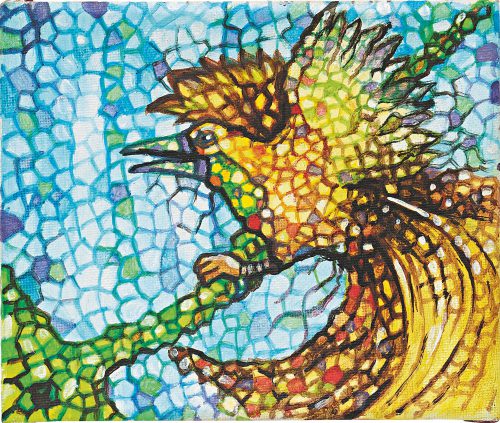
What’s Left Unsaid When a Language Dies

Why Do Virtual Meetings Feel So Weird?
